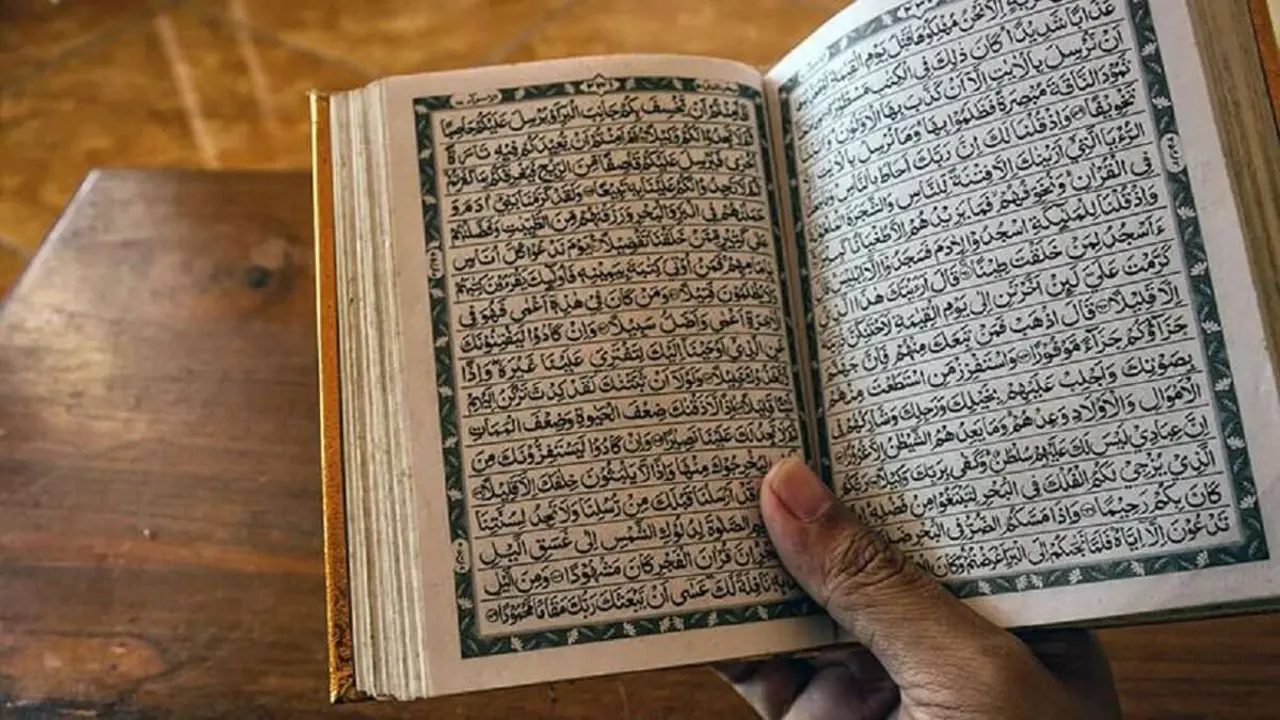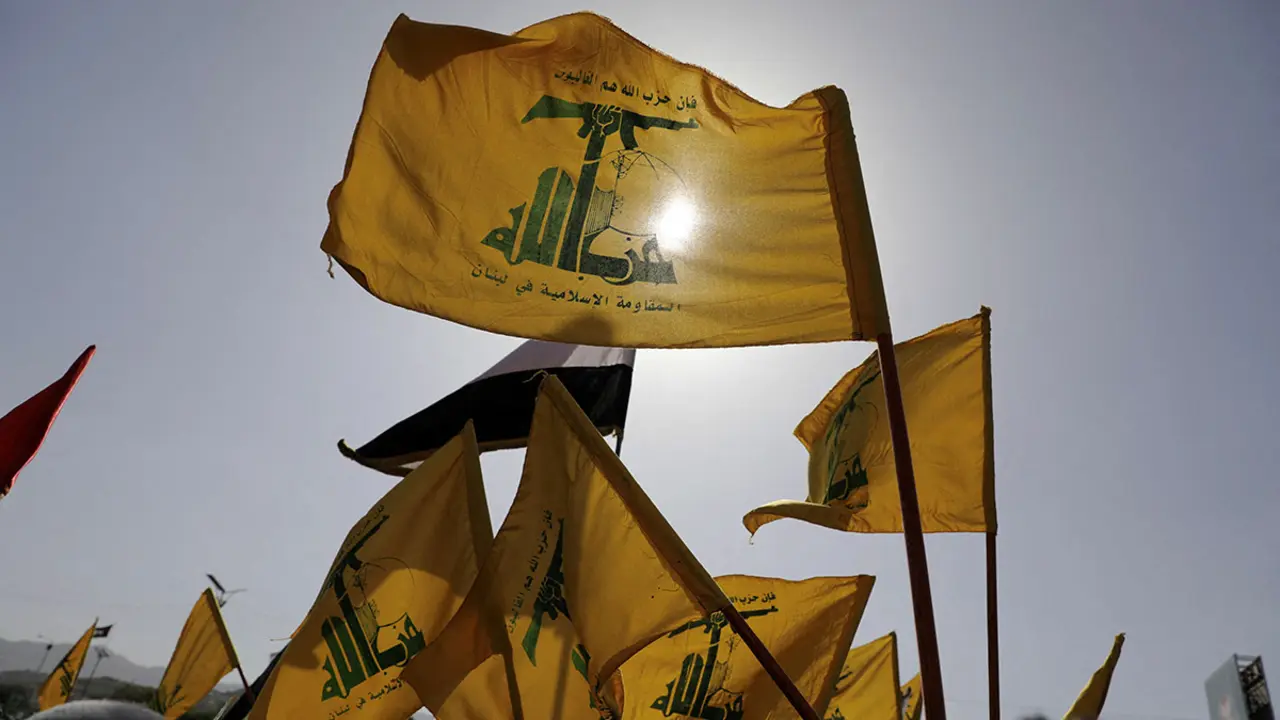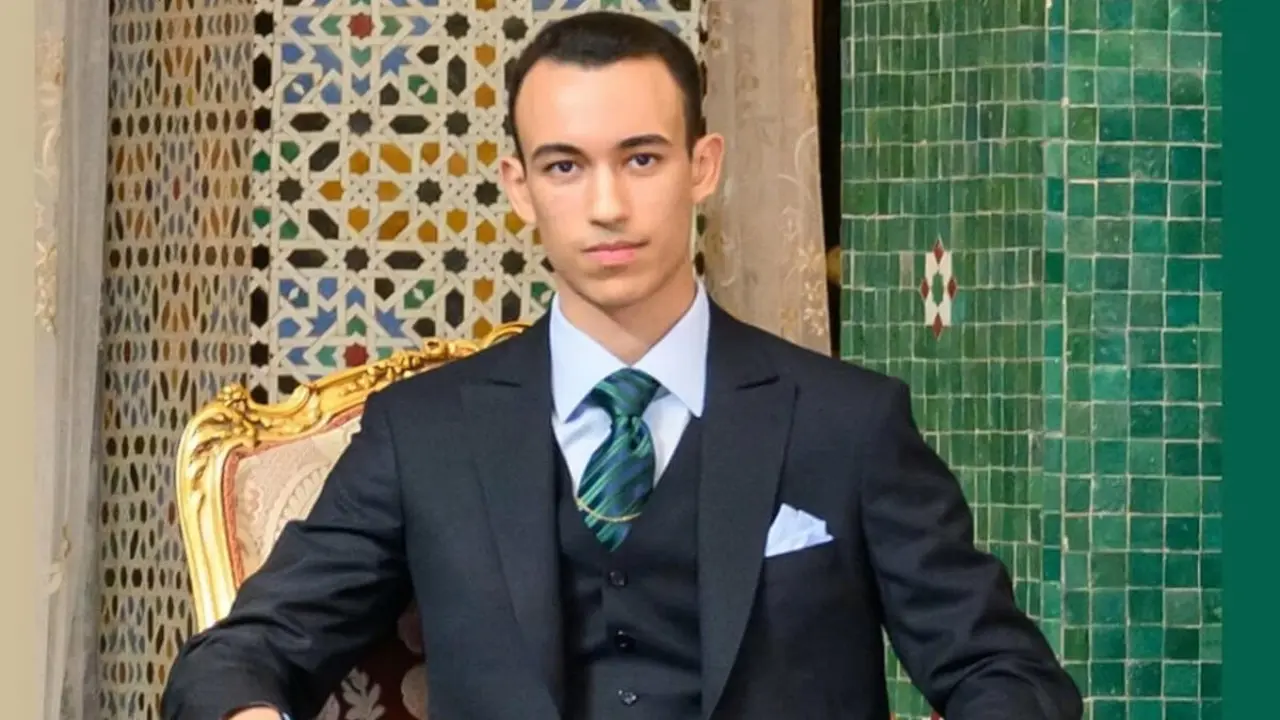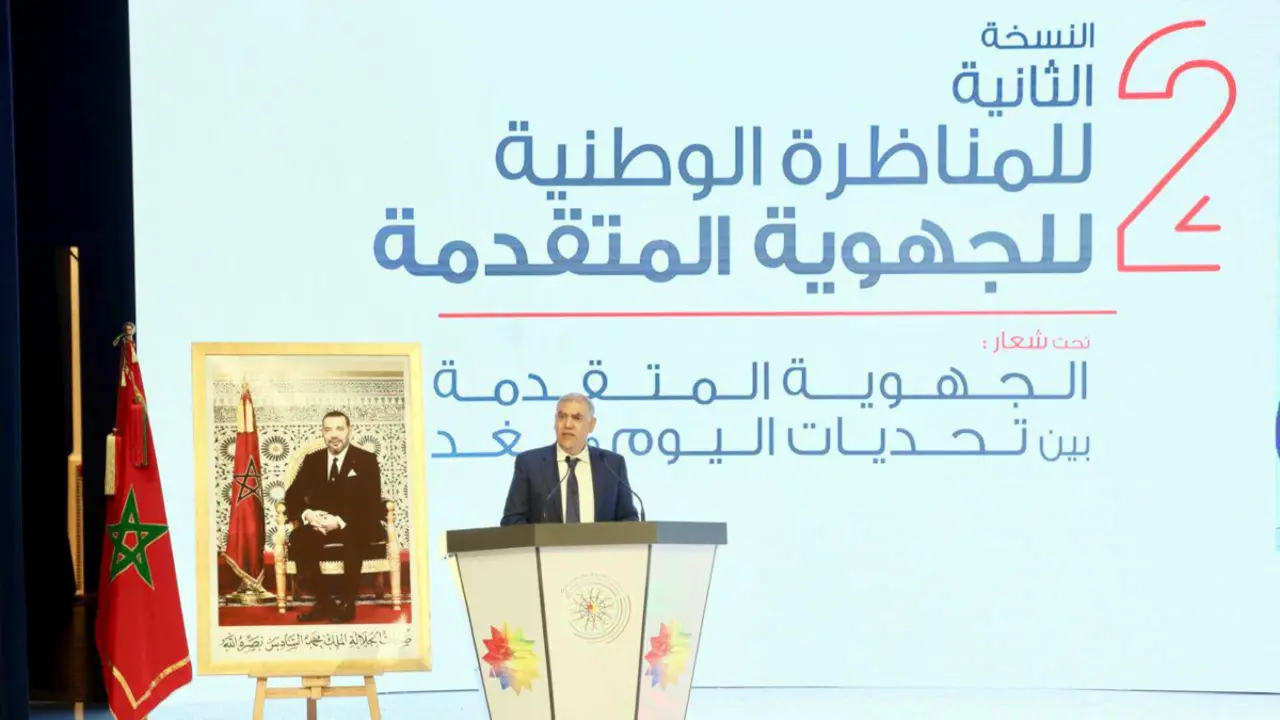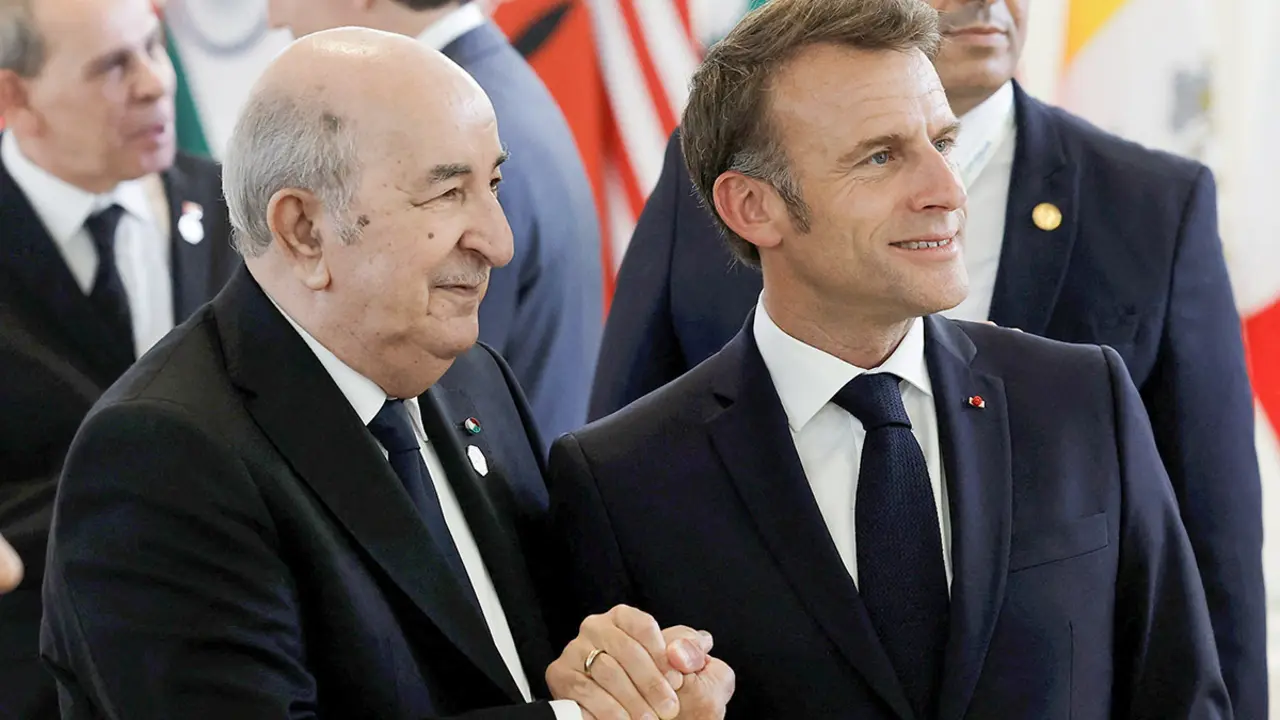Is Iran's presence in Afghanistan a challenge for the United States?

Afghanistan's future remains in doubt just two months after the United States and Taliban insurgents signed a historic peace agreement for the country. Still, instability remains a constant in this nation. In recent weeks, some Afghan media have warned of the threat to the country posed by the presence of Liwa Fatemiyoun's militias and various terrorist organizations such as Daesh.
Liwa Fatemiyoun, literally 'Fatimid Flag', is defined by Global Security as "an Afghan Shiite militia formed in 2014 to fight in Syria". This Afghan contingent would eventually become a division of 12,000 to 14,000 fighters -deployed on a rotating brigade level- entirely led by the IRGC (Islamic Revolutionary Guard of Iran) and composed of Afghan refugees living in Iran and trying to leave Afghanistan. This militia was created under the direct supervision of former Force Commander Quds Qassem Soleimani, under the pretext of protecting religious sites in Syria and Iraq.
The tension accumulated by these accusations and by the consequences of the coronavirus pandemic has brought this country to the brink of the abyss. The daily Al Ain explained that although the Daesh terrorist organization has admitted on several occasions that it is responsible for a number of attacks in which Afghan citizens, in particular the Shiite Hazara minority, have lost their lives, there are as yet no reports linking the Liwa Fatemiyoun militia to military operations on Afghan soil. However, several Afghan politicians and citizens of the country have accused the Iranian regime in recent weeks of creating "power forces" in Afghanistan or of supporting the Taliban.
An Afghan political analyst named Qadir Kamel told the daily Al Ain that the Liwa Fatemiyoun militia represents a "great threat to the security of Afghanistan". In view of this situation he has asked the government in Kabul to take measures in this regard because in his opinion the effects and consequences of the presence of these militias in the country could lead to a "catastrophe" in the future. In an interview with the same newspaper, Afghan civil activist Ghulam Farooq Rasib warned that the presence of the Liwa Fatemiyoun militia could lead the country into a "new civil war".

Global Security has collected several testimonies from some former combatants of the Liwa Fatemiyoun militias who have explained that they were arrested by the Iranian security forces. They were later offered the possibility of "choosing between prison, deportation or a volunteer program to obtain training and fight in Syria with the promise of obtaining legal residency in return".
Since their emergence in 2013, more than 50,000 Afghans have fought in Syria as part of these militias, which support the government of Bashar al-Asad. Their mission is to defend the places that are sacred to their religion, on the one hand, and to fight against oppression around the world, on the other. According to various international organizations, hundreds of people belonging to these militias, including children as young as 14, have lost their lives fighting in Syria.
The instability in Afghanistan has led thousands of people to flee to the neighboring country in search of work. However, with the arrival of the coronavirus, the flow of migrants has been reversed. Between January and April, some 240,000 Afghans had returned home from Iran, according to data collected by the New York Times.

In recent years, Iran has used its 'soft power' in Afghanistan, through foreign direct investment and the development of infrastructure linked to communications and transport. Even so, Iran has not managed to obtain the same level of political influence as it does in countries such as Lebanon, Syria or Iraq. During the last months and after the signing of the political agreement between the United States and Afghanistan, Iran has made efforts to maintain and improve its influence in the political and military affairs of the neighboring country.
However, tension between the two countries has resurfaced after the Afghan Foreign Ministry reported at the weekend that it was investigating a series of allegations that Iranian border guards were throwing dozens of Afghan migrants detained in Iran into the river. In the western province of Herat, 57 Afghan nationals who tried to enter Iran to work were detained by Iranian border security forces. They were subsequently tortured and thrown into a river - where some of them died. Sources have explained that the incident occurred on Wednesday, the Afghan television channel Tolo News has specified. "They kept hitting us with tubes and saying, 'Don't come back to our country', and they kept pushing us into the river," one of the survivors told The New York Times newspaper.
In view of this situation, the Afghan Independent Human Rights Commission (AIHRC) has asked the Afghan government to share the incident exhaustively with the Iranian government and to take the matter to the International Court of Justice and the United Nations Committee against Torture. "This case is a serious violation of human rights," said the commission's deputy head, Naeem Nazari. "The Government of Afghanistan, as the protector of citizens' rights, must investigate the matter thoroughly," he added, as reported by Tolo News.
In this context, the Iranian Consulate in Herat has rejected Iran's participation in this incident, according to several Afghan media. However, Fawzia Kofi, former chairwoman of the Human Rights Committee in the Afghan Parliament, has indicated that this is not the first time that Afghan refugees have faced violence from Iranian and Pakistani border forces. "The Afghan people expect the Government of Afghanistan to assess the matter through diplomatic channels," she insisted, according to information provided by the Afghan media Tolo News.

During the last weeks and after the signing of the agreement between the US and the Taliban, several analysts warn that Iran is trying to replace the US in Afghan territory. The think tank Defense One considers that "Iran is well positioned to achieve a delicate balance in Afghanistan. It has long maintained positive working relations with various members of the non-Pashtun Afghan population, including influential individuals and groups from the Tajik, Uzbek and Hazara communities who exercise political power in the current Afghan government. Iran has even signed a defense cooperation agreement with the government in Kabul'.
Whatever the future of this country may be, many analysts agree that one of the main protagonists will be Iran. "Iran's relations with some non-state actors may pose a challenge to the United States in its attempt to end its intervention in Afghanistan (especially if tensions between the two countries rise again)," Defense One states.
In this spiral of instability, the NGO Save The Children has warned that more than a third of the country's population, including 7.3 million children, is facing food shortages. "In the last month alone, the price of wheat flour and oil in the main markets of Afghanistan's cities has increased by up to 23 per cent, as supply cannot meet demand, while the cost of rice, sugar and pulses has risen by 7 to 12 per cent, according to the World Food Programme," they explained in a press release.
The increase in food prices coincides with the decrease in the financial capacity of workers. In Afghanistan, as in other countries in the region, many people are living from jobs that have temporarily disappeared because of measures taken to reduce the impact of the coronavirus. "We have no food at home. We go from three meals a day to two and sometimes only one. My mother is trying to find food for us, she is weaving carpets to sell, but all the houses are closed at the moment. She can only make us tea with dry bread. My other brothers sometimes ask for good food, but my mother cannot afford to feed us. It is difficult to be alive," a 13-year-old told this NGO.
For his part, the director of Save The Children in Afghanistan, Timothy Bishop, has regretted that for many families the coronavirus is not the main problem, but the closure measures caused by this pandemic. He has called on the international community to urgently send food supplies by air to be distributed to some of the country's most vulnerable communities. "Afghan children have suffered enough. Most have known nothing but conflict in their lives. We cannot let COVID-19 rob them of their future any longer," he concluded.

